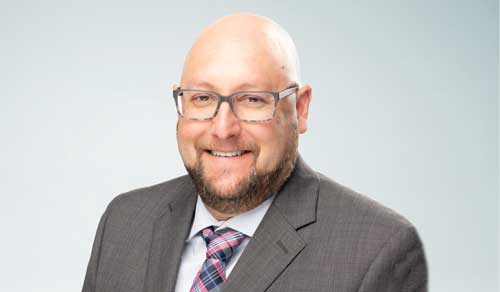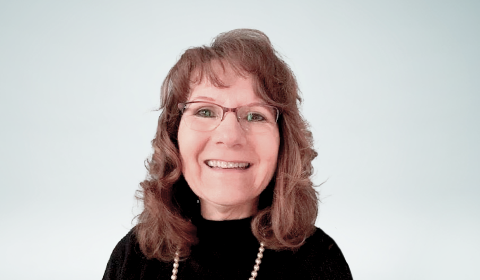In 2020, RGA produced a five-part series of articles exploring life insurance fraud in the time of COVID-19 as a lead-up to the RGA Fraud Conference. One year later, with the ninth annual RGA Fraud Conference set for August 16-20, we checked back in with the authors of those articles to learn how the climate for fraud may have changed as the pandemic has evolved and how the industry can prepare for what lies ahead.
Alan Hobbs, Vice President, Underwriting Services, U.S. Markets
More than anything, I’d like to applaud the industry as a whole for its COVID-19 response. Insurance is often derided as slow-moving and behind the times, yet last year we executed a quick and coordinated response to unprecedented challenges affecting every aspect of our business. Without face-to-face interaction and established forms of validation, we leveraged new technologies and new evidence sources to process applications – changes that would have otherwise taken years to adopt. Now some of the adaptations we assumed would be temporary appear to be permanent. How this will impact life insurance fraud has yet to be determined, but it seems likely we may have created some new openings for fraudsters to exploit. The key moving forward will be to follow the same basic steps I laid out in the article last year: stay calm, innovate, remain vigilant, and work together.
Colin M. DeForge, Executive Director, Underwriting, U.S. Mortality Markets
The pandemic put alternative underwriting evidence to the test, and I think what we learned is a mixed bag: Applying new data sources enabled insurers to underwrite business that would have otherwise been lost, but at this point many cases still require traditional evidence from sources such as lab tests and physician’s statements. Monitoring the actual results of accelerated underwriting processes will be essential to prevent fraud from creeping in. COVID-19 increased general awareness for the need for life insurance, and now we should increase awareness of the need for prudent underwriting – that it not only helps protect insurance companies from fraud, but also allows those companies to offer better rates to consumers.
Bob Gooderl, Vice President, Administration Oversight and Alex Bunte, Executive Director, Assumed Administration, Reporting and Deal Team
Last year, we wrote about the importance of attention to detail in administering insurance policies amid so much workplace disruption. With remote or flexible working situations likely permanent for many and with fraud on the rise across all industries, the need for diligence remains vital.
- Report suspected fraud. Look out for suspicious activity or unusual patterns and report them to SIU or Fraud Teams. Data analytics are important, but frontline teams are a key defense.
- Stay connected. With limited face-to-face interactions to share ideas, be purposeful in discussing suspected/known fraud in virtual meetings and continue to attend events on fraud prevention to stay connected as an industry.
- Remain diligent. Beware of pandemic-driven process “shortcuts”: personnel reductions, processing exceptions/adjustments, or newly established ways of doing business. Identify fraud red flags resulting from new work environments and share them broadly.
- Validate customer information. While the pandemic required certain accommodations regarding documentation, verification remains essential. Out-of-the-norm requests from customers should be validated using alternate and proven contact points.
Karen Riendeau, Senior Technical Claims Consultant, U.S. Mortality Markets Operations
The hardest part of the past year, of course, was witnessing the tragic loss of life, and my heart goes out to all those who lost loved ones to COVID-19. As an insurance professional, I am proud of the role our industry played in helping provide financial security to all those families in their time of need. Unfortunately, fraudsters often see tragedy as opportunity. Overworked claims departments must continue to be sympathetic to all those claimants who have experienced a loss while also keeping a watchful eye out for opportunistic fraudsters. The six steps I outlined last year still apply today, especially validating the death certificate and confirming the cause of death. And the need to investigate contestable claims may be more important than ever. It helps to remember that, in the end, preventing claims fraud enables insurers to better protect the families who are counting on us.








